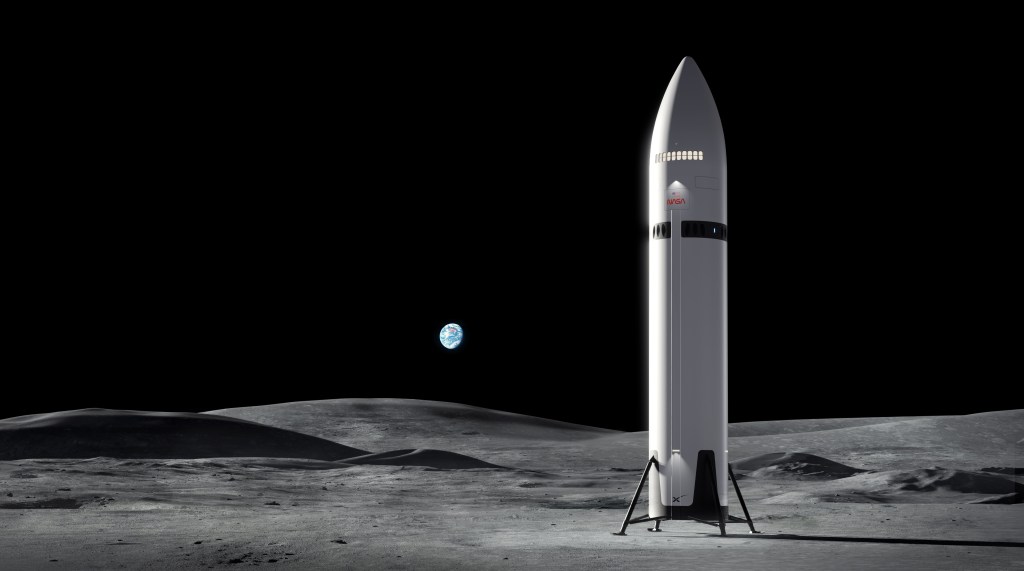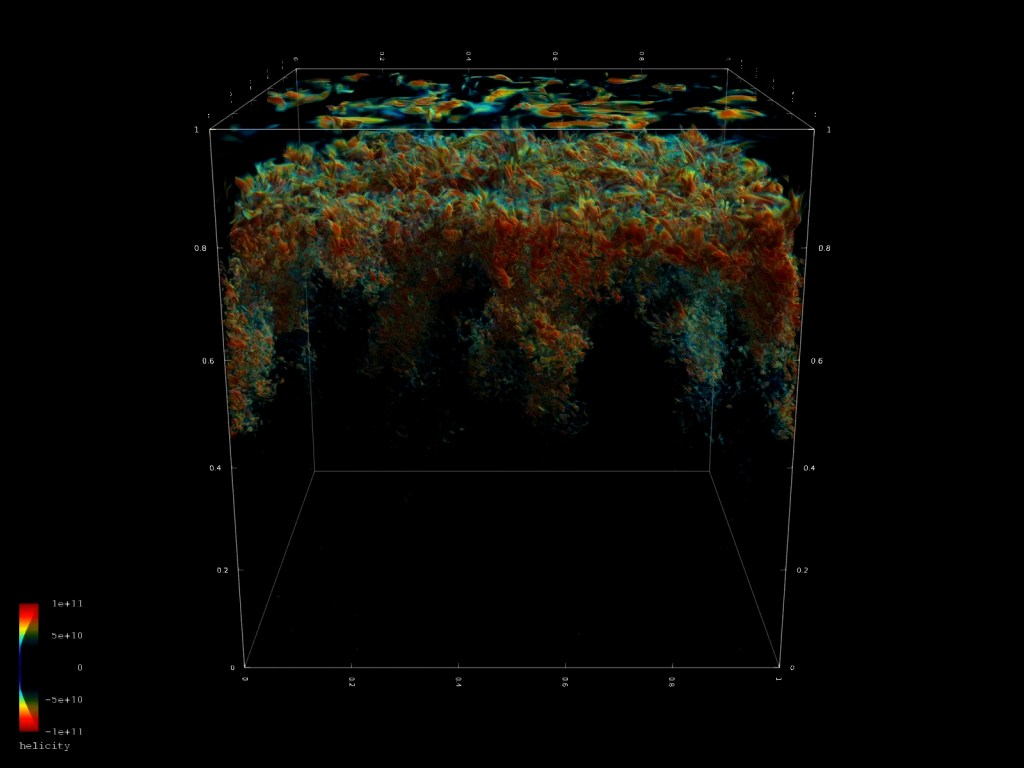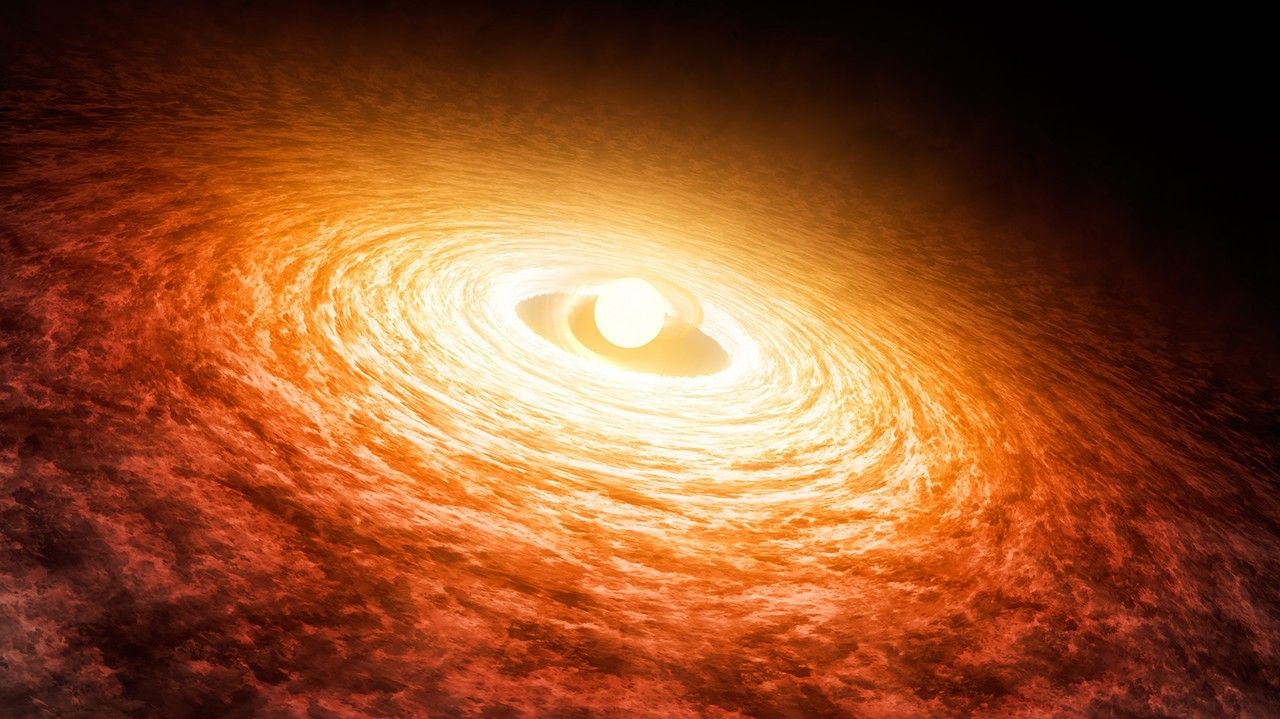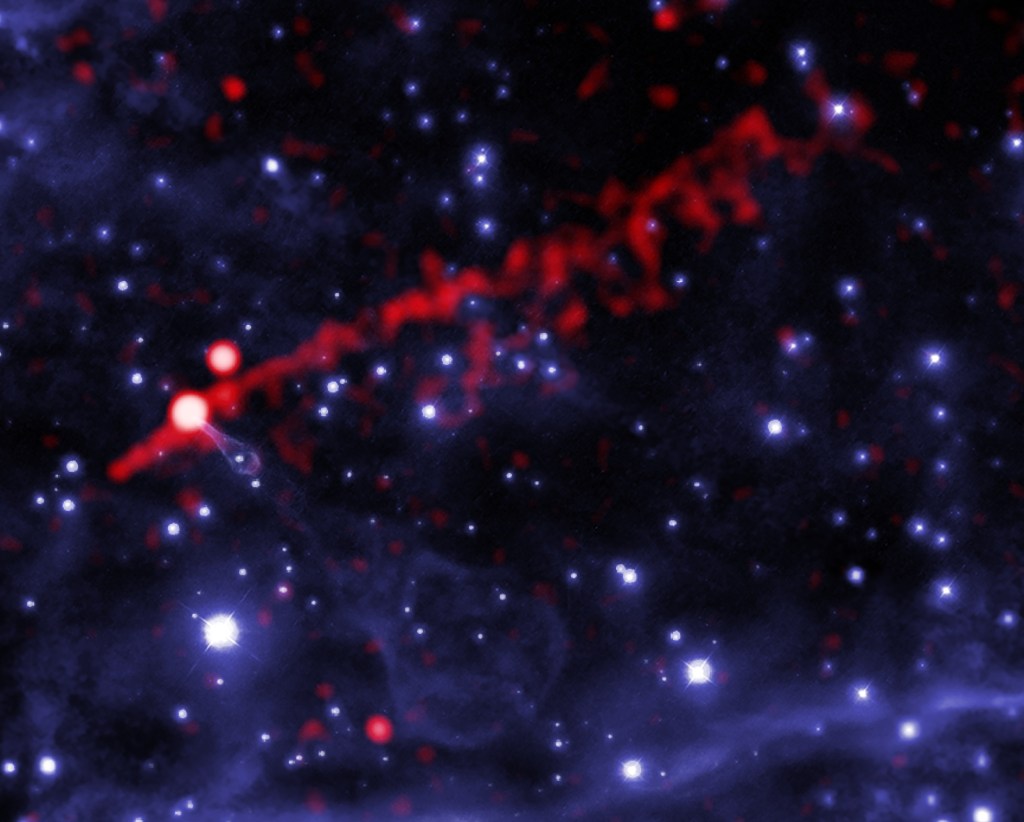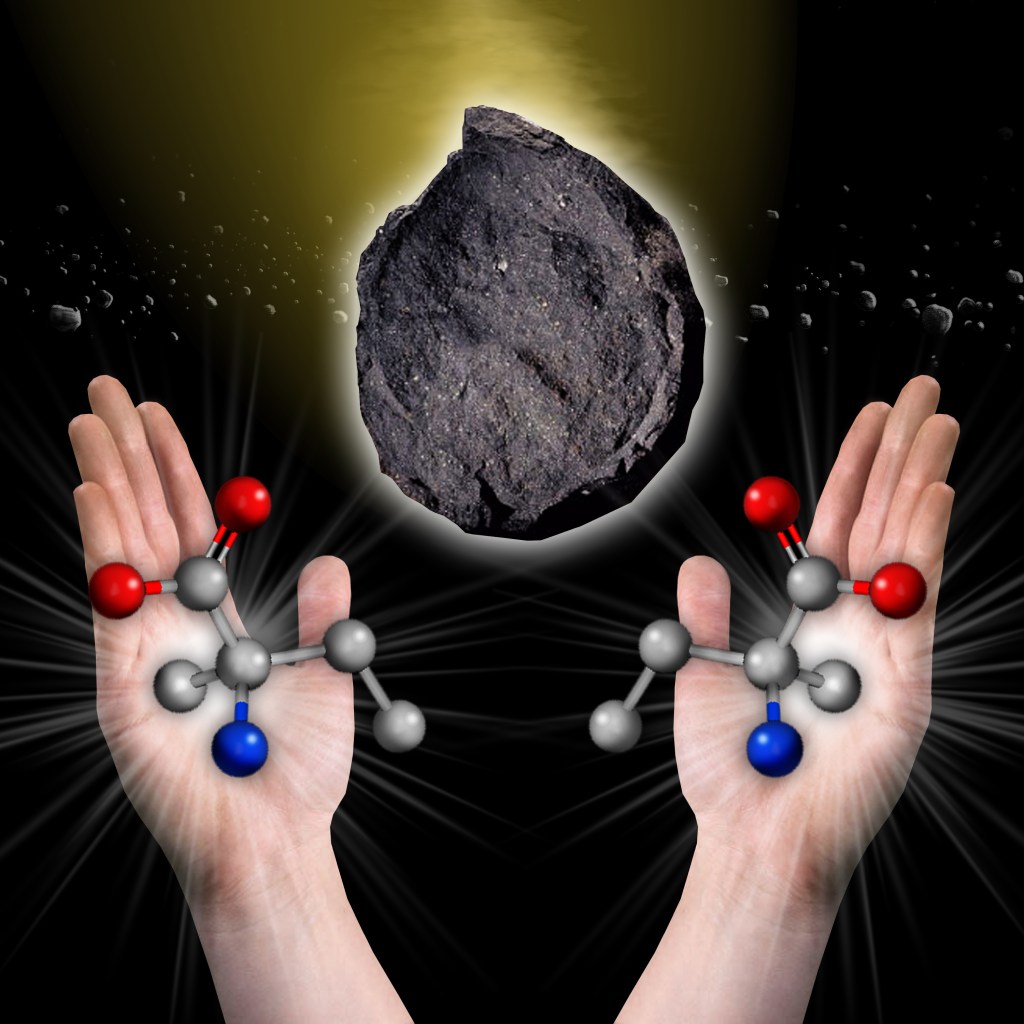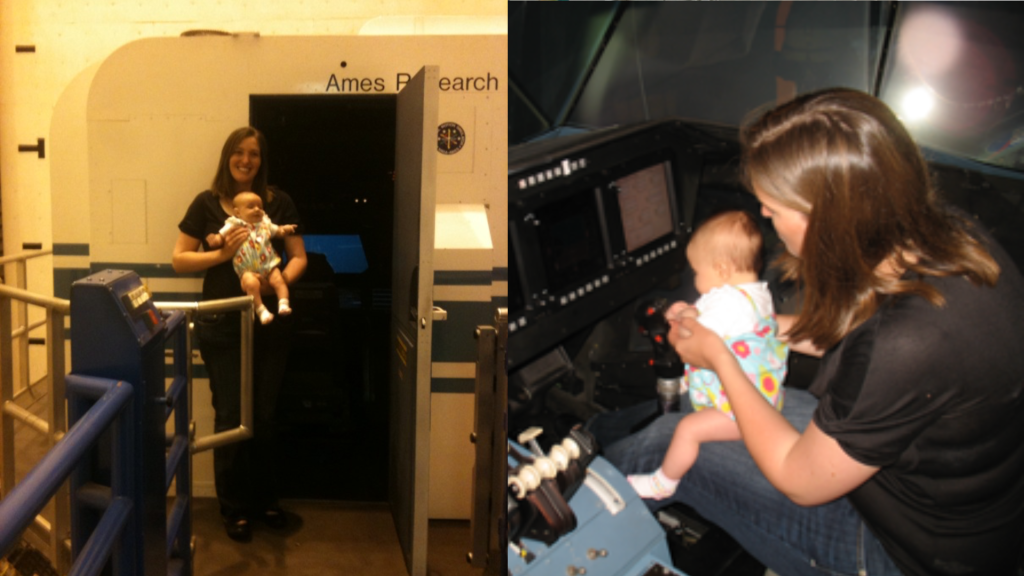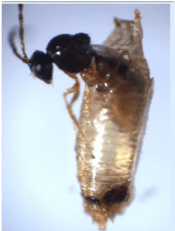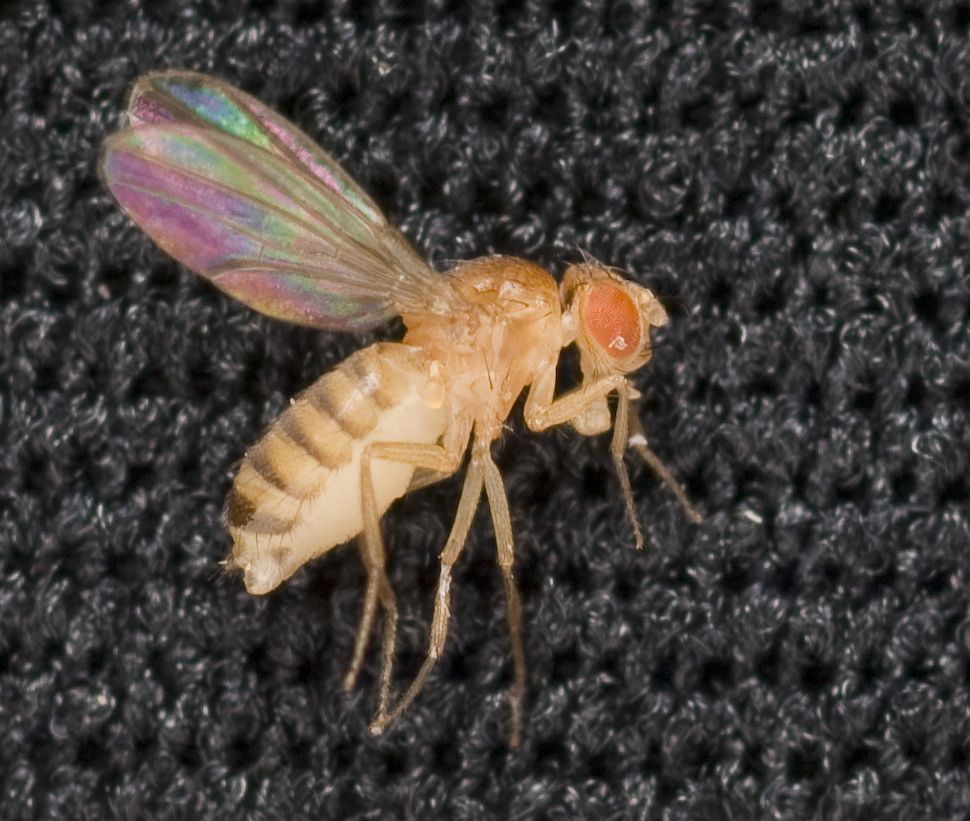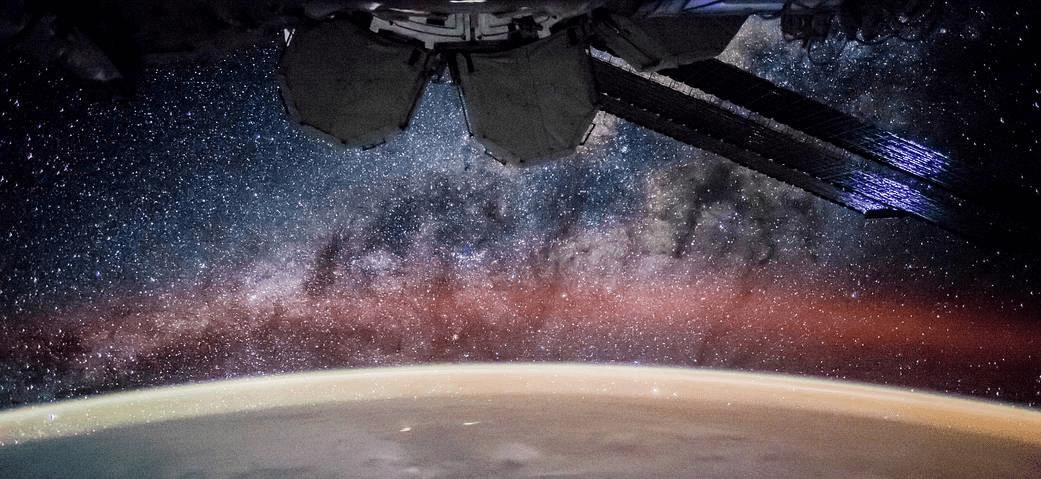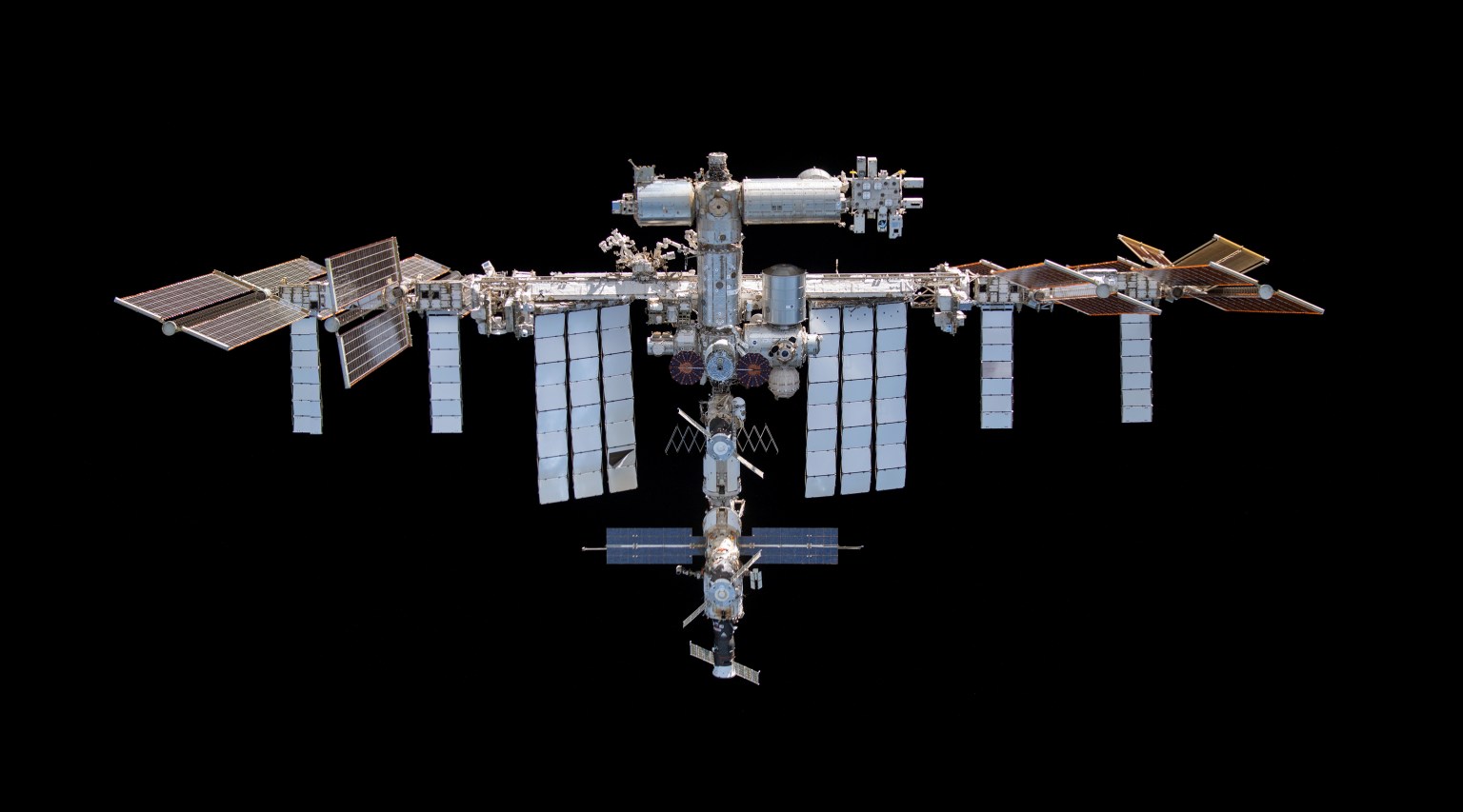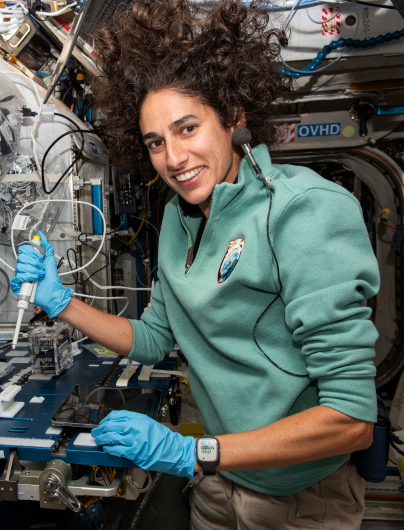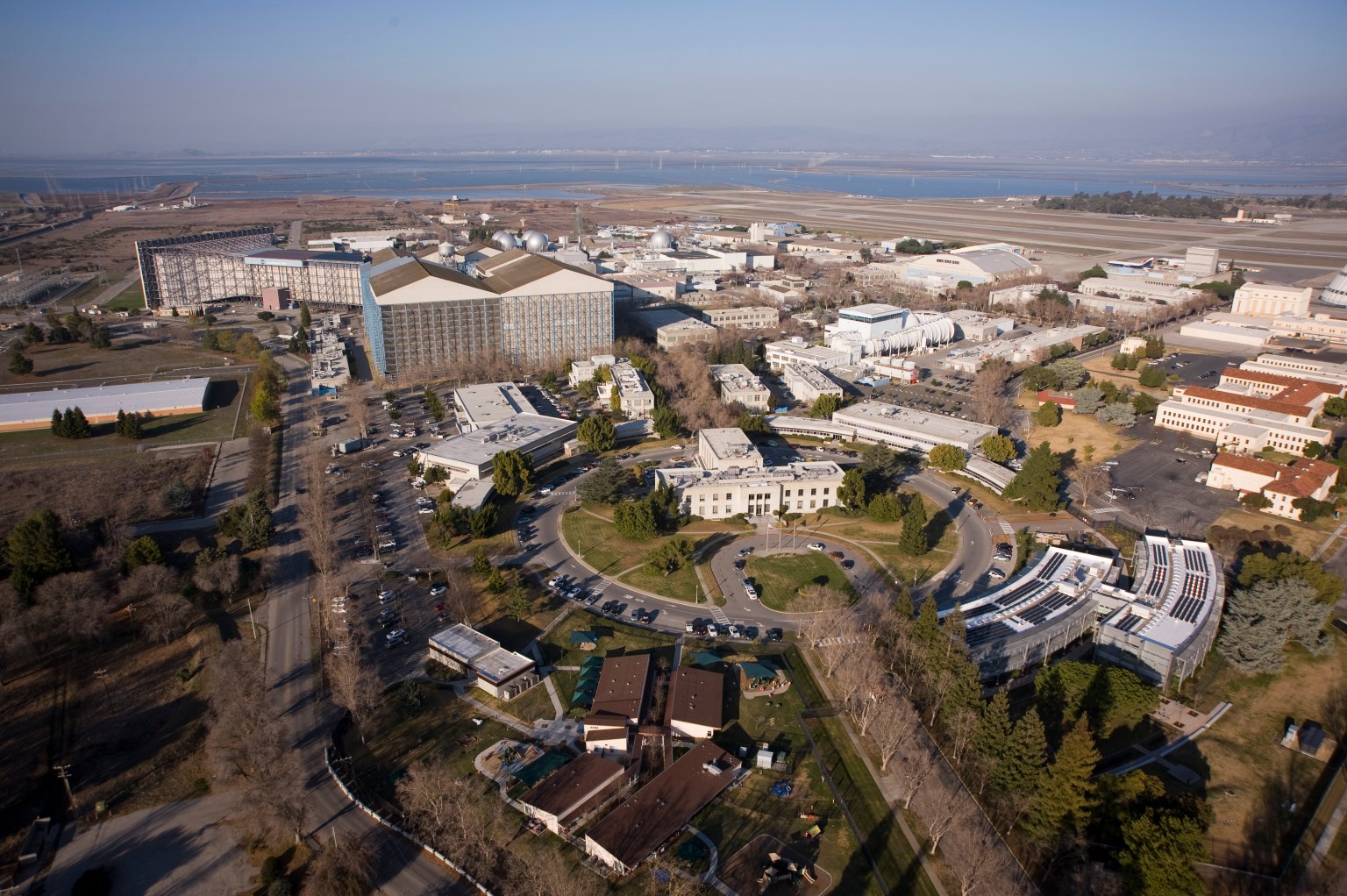Fruit Fly Lab-03 (SpaceX-14)
Does Spaceflight Alter the Virulence of a Natural Parasite of Drosophila
The Fruit Fly Lab-03 mission (FFL-03) is the third mission of the Fruit Fly Lab aboard the International Space Station using the model organism Drosophila melanogaster. Drosophila are used for research on the ISS because approximately 77% of human disease genes have analogs in the fruit fly genome. Studies of fruit fly health can therefore help us better understand human health. The FFL-03 mission will investigate the effects of the space environment on innate immunity, which is the branch of the immune system responsible for quick, non-specific responses to infection. This is an important subject to study because immune system dysfunction and infections are major risks for astronauts on long-duration space exploration missions.
This experiment will study host-parasite interactions using Drosophila as the host and two species of Leptopilina wasps, which are a natural parasite of fruit flies, as the pathogen. The experiment will address two main questions. First, it will allow the researchers to test whether spaceflight affects the balance of the relationship between the Drosophila host and the Leptopilina parasite – whether either one is more successful in space than on the ground. Second, it will allow researchers to determine whether spaceflight alters the ability of the parasite to infect the host.
The FFL-03 mission will use the Vented Fly Box (VFB) hardware system. Six VFBs will be sent to the ISS, each housing 15 vials. 60 vials will hold flies co-cultured with wasps, and 30 vials will hold flies only. All VFBs will be equipped with data loggers to monitor temperature and humidity, clear side windows to allow health inspections, and mesh-covered vent holes to allow airflow to the samples. The flies and wasps will grow and develop in the microgravity environment of the ISS for the duration of the mission and then will be sent back to Earth. Once back on Earth, the fly-only cultures will be infected with wasps developed on Earth, and the wasps that developed in space will be used to infect both earth- and space-grown flies.
Findings from the FFL-03 mission will provide insight into the effects of spaceflight on innate immune systems. While the fruit fly immune system is not exactly the same as the mammalian immune system, there are many similarities between them. Furthermore, because fruit flies are smaller and have faster life cycles than humans, this experiment will provide much more data than could be provided by any study on astronauts. The results of this study will thus be an important aid to researchers studying how long-duration spaceflight will alter humans’ innate immune ability to fight off pathogens.
Project Manager: Kevin Martin, NASA Ames Research Center
Mission Scientist: Matthew Lera, FILMSS, NASA Ames Research Center
Principal Investigator: Shubha Govind, Ph.D., City College of New York
Co-Investigator: Sharmila Bhattacharya, Ph.D., NASA Ames Research Center
Learn More:
For more information, see the Space Station Research Explorer for the Fruit Fly Lab-03 (FFL-03) mission.
Author: Christina L. Cheung
Read about a previous cardiovascular system study using Drosophila melanogaster on this page.
Watch a video about fruit flies on the International Space Station.






